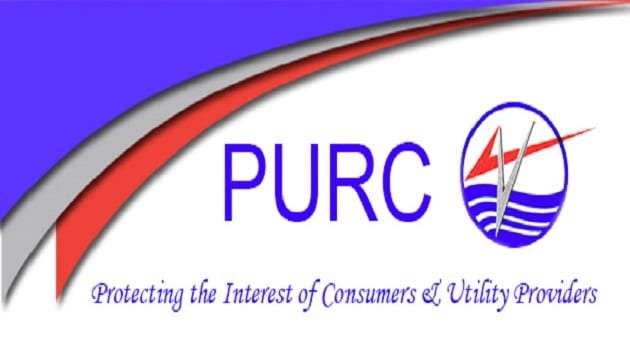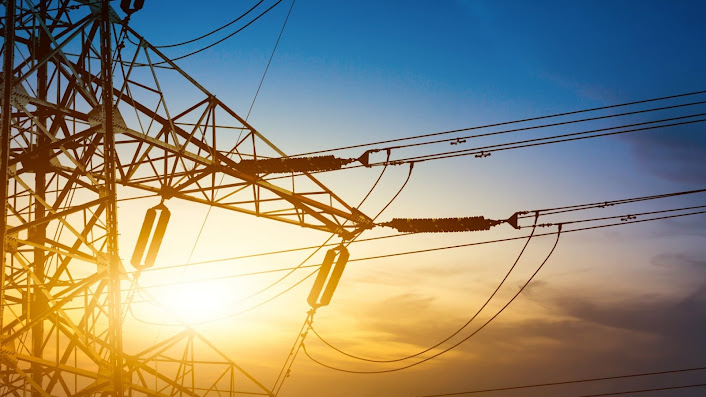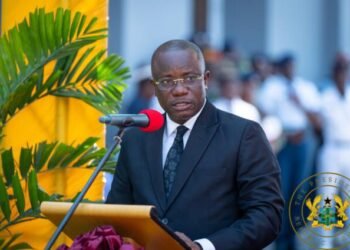The Africa Sustainable Energy Centre (ASEC) has strongly opposed any plans by the Public Utilities Regulatory Commission (PURC) to increase electricity tariffs, citing inefficiencies, a lack of consumer value, and financial mismanagement within the sector.
The think tank insisted that before any tariff adjustments are considered, there must be a rigorous national debate and a thorough examination of the electricity distribution system.
ASEC argued that the Public Utilities Act prioritizes consumer interests in setting electricity rates, but this mandate has been overlooked for years.
“ASEC demands a regulatory framework that requires electricity distribution companies to show proof of at least a 95% collection rate before any tariff increase can be considered. The current 62% is unjustifiable for any tariff increment.”
Africa Sustainable Energy Centre (ASEC)
While reflective tariffs are essential for operational sustainability, ASEC maintained that the electricity sector must resolve its deep-seated inefficiencies before shifting additional financial burdens onto consumers.
The organization asserted that responsible consumers who diligently pay their bills should not bear the cost of inefficiencies caused by poor revenue collection. Until collection rates improve, any discussion of tariff hikes remains premature and unfair.
ASEC further argued that Ghanaians are not receiving value for the electricity payments they make. Issues such as frequent power outages (“dumsor”), voltage fluctuations, and poor customer service persist.
The think tank believes it is unfair to demand higher tariffs when service reliability remains subpar. “There must be significant infrastructure improvements and better service delivery before any consideration of tariff adjustments,” ASEC noted.
Additionally, ASEC insisted on full disclosure of revenue collection, operational expenses, and financial losses in the sector. If utility companies claim financial distress, they must present a transparent breakdown of expenditures.
“Consumers have a right to know how their money is being managed. There must be full disclosure of revenue collection, operational costs, and financial losses in the sector.
“If utility companies claim they are operating at a loss, they must provide a transparent breakdown of where the funds are going. Without such accountability, tariff increments become a means of covering inefficiencies rather than improving service delivery.”
Africa Sustainable Energy Centre (ASEC)
Addressing Unethical Energy Practices

Another major concern raised by ASEC is the widespread practice of businesses consuming electricity without paying for it and then selling their products to law-abiding consumers.
The organization described this as unethical and unfair, distorting cost distribution in the sector.
“This unethical practice distorts cost distribution.
“The government and regulatory bodies must take decisive action to ensure all consumers—residential, commercial, and industrial—pay their fair share.”
Africa Sustainable Energy Centre (ASEC)
ASEC emphasized that revenue losses due to power theft and inefficiencies in metering and billing must be tackled before considering any tariff increase.
According to the organization, system losses have drained the financial resources of the electricity distribution sector and contributed significantly to revenue shortfalls. “Addressing these inefficiencies should be the priority instead of relying on tariff hikes,” ASEC stated.
Rather than resorting to tariff increases, ASEC urged Ghana’s electricity sector to focus on sustainable, long-term solutions.
The organization advocated for improving transmission and distribution infrastructure, investing in renewable energy sources, modernizing grid systems, and reducing operational waste to make electricity more affordable and sustainable.
ASEC stressed, “Efficiency should be the priority, not passing unnecessary costs onto consumers.”

The think tank also called for increased investment in renewable energy projects, arguing that diversifying Ghana’s energy mix with solar, wind, and hydropower would reduce dependence on expensive thermal power and enhance the sector’s overall efficiency.
ASEC maintained that any tariff adjustment must be justified and based on a performance-driven regulatory framework.
The organization warned that PURC must recognize the growing importance of “social licensing,” a concept emphasized by the World Energy Council, which underscores the need for public consent in policy implementation.
Without consumer trust, ASEC cautioned, any attempt to increase electricity tariffs would face strong resistance. The organization concluded that until real sector reforms are implemented, any proposed tariff hikes would be premature, unfair, and unjustified.
“With the current inefficiencies, financial mismanagement, and lack of service reliability, any increase in electricity tariffs is unacceptable.
“The government and regulatory bodies must prioritize addressing the root causes of the sector’s challenges before asking consumers to pay more.”
Africa Sustainable Energy Centre (ASEC)
As Ghana’s energy sector grapples with financial and operational hurdles, ASEC’s stance has sparked a broader national discussion on the need for accountability, efficiency, and sustainability in the electricity distribution system. Whether PURC will heed these calls for reform before implementing tariff hikes remains to be seen.
READ ALSO: Strengthening Gold Regulations to Stabilize the Cedi























